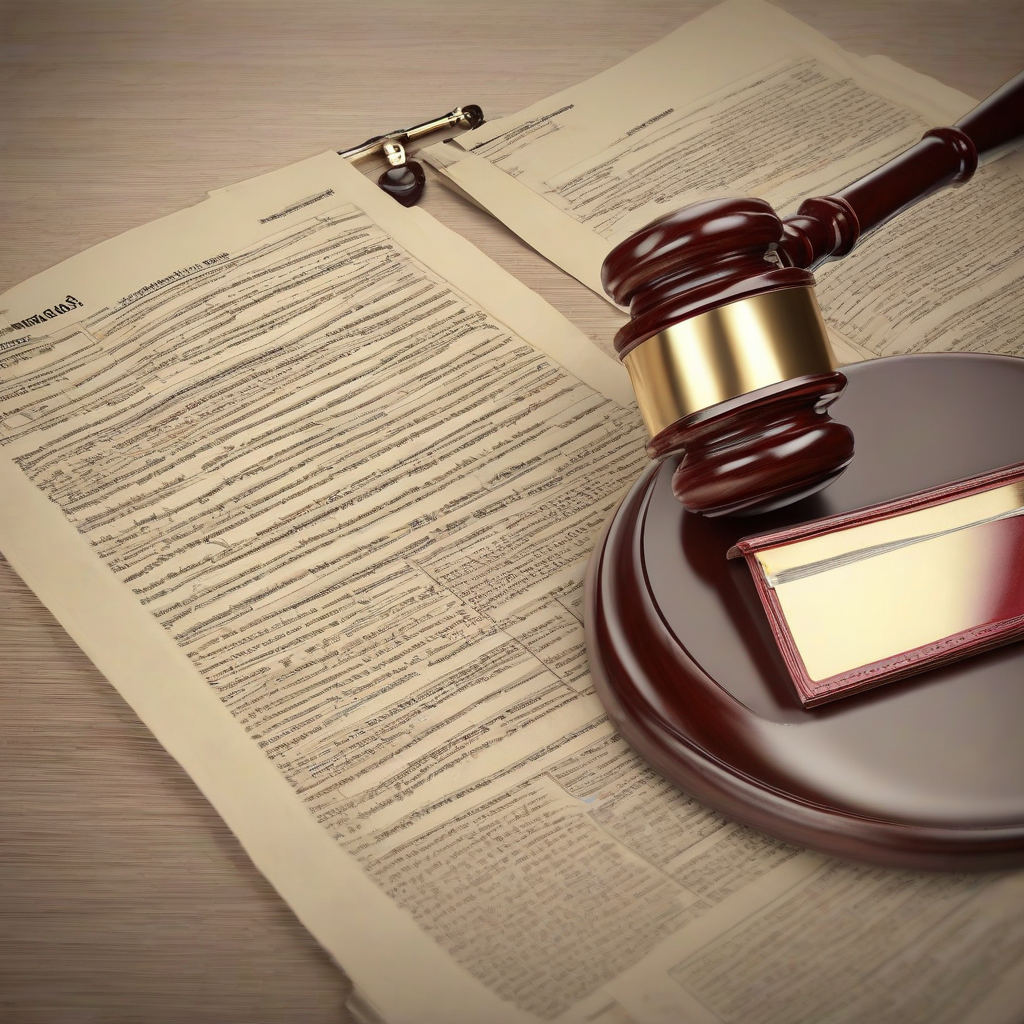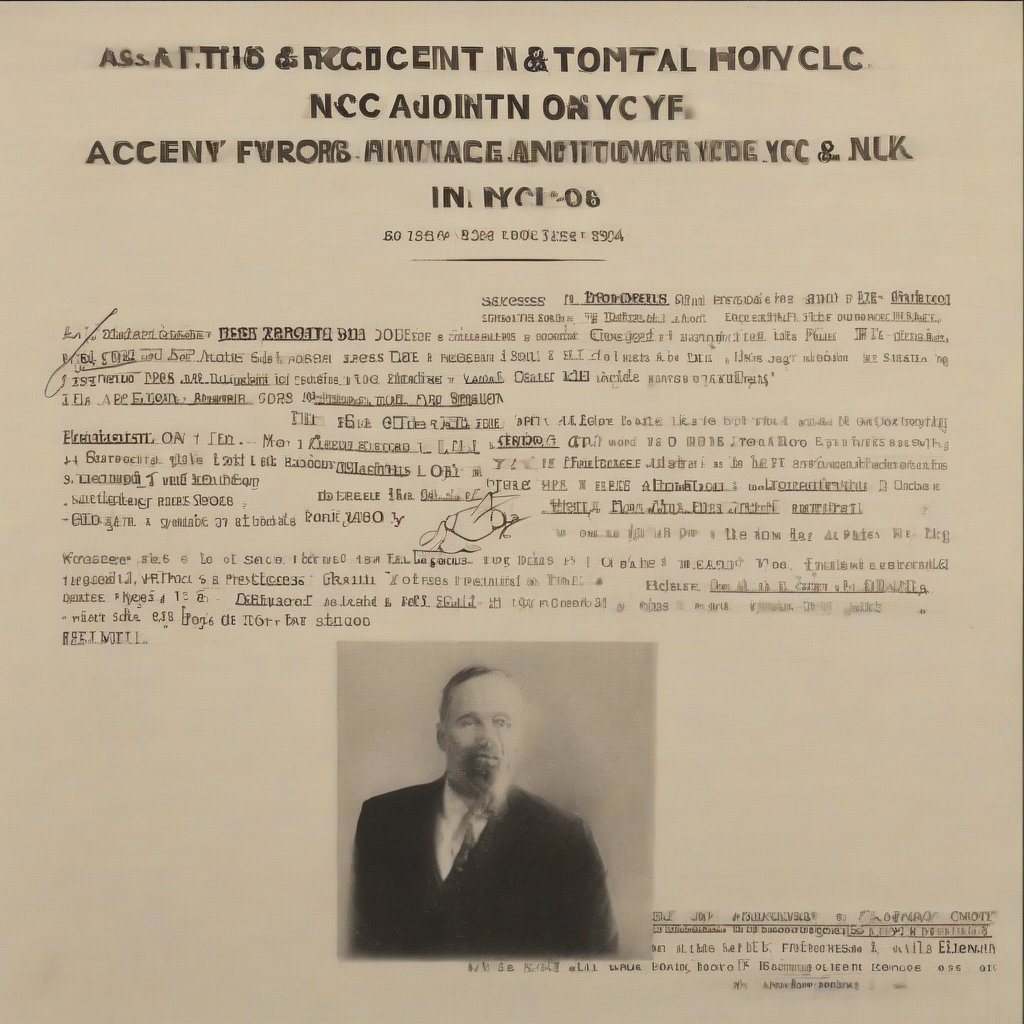Navigating the Complexities of Personal Injury Law in Texas: Your Guide to Finding the Right Attorney
Navigating the Complexities of Personal Injury Law in Texas: Your Guide to Finding the Right Attorney
Facing a personal injury in Texas can be a daunting experience, leaving you grappling with physical pain, emotional distress, and significant financial burdens. The legal landscape surrounding personal injury claims can be particularly complex, making it crucial to secure the services of a qualified and experienced personal injury attorney in Texas. This comprehensive guide provides insights into the intricacies of Texas personal injury law and offers valuable advice on selecting the right legal representation for your specific needs.
Understanding Texas Personal Injury Law
Texas personal injury law is governed by a combination of state statutes, common law principles, and judicial precedents. A successful personal injury claim hinges on proving several key elements: negligence, causation, damages, and liability. Negligence refers to the defendant’s failure to exercise reasonable care, resulting in harm to the plaintiff. Causation establishes a direct link between the defendant’s negligence and the plaintiff’s injuries. Damages represent the financial and non-financial losses suffered by the plaintiff, including medical expenses, lost wages, pain and suffering, and emotional distress. Finally, liability determines the degree to which the defendant is responsible for the plaintiff’s injuries.
Types of Personal Injury Cases in Texas
- Car Accidents: Texas sees a high volume of car accidents each year. Claims can involve multiple parties, insurance companies, and complex liability issues.
- Truck Accidents: Involving larger vehicles, these accidents often result in more severe injuries and require specialized legal expertise to navigate complex regulations and insurance policies.
- Motorcycle Accidents: These accidents often result in catastrophic injuries due to the vulnerability of motorcycle riders. Proving liability can be challenging, requiring a thorough investigation.
- Premises Liability: This involves injuries sustained on someone else’s property due to hazardous conditions. Property owners have a duty to maintain safe premises for visitors.
- Medical Malpractice: Claims arise when a medical professional’s negligence results in patient harm. These cases require specialized medical expertise and legal knowledge.
- Product Liability: This involves injuries caused by defective products. Manufacturers and distributors can be held liable for injuries resulting from design flaws, manufacturing defects, or inadequate warnings.
- Wrongful Death: These claims are filed by surviving family members when a loved one’s death results from someone else’s negligence or wrongful act.
Finding the Right Personal Injury Attorney in Texas
Selecting the right personal injury attorney is a critical decision that can significantly impact the outcome of your case. Consider these factors when making your choice:
Experience and Expertise
Look for attorneys with extensive experience handling personal injury cases in Texas. Specialization in a specific area, such as car accidents or medical malpractice, can be beneficial. Review their track record of successful settlements and verdicts.
Reputation and Client Testimonials
Research the attorney’s reputation online and through referrals. Look for positive client testimonials and reviews that highlight their professionalism, communication skills, and commitment to their clients.
Communication and Accessibility
Effective communication is vital. Choose an attorney who is responsive to your inquiries, keeps you informed about the progress of your case, and explains legal concepts in a clear and understandable manner.
Fees and Payment Arrangements
Most personal injury attorneys in Texas work on a contingency fee basis, meaning they only receive payment if they win your case. Discuss their fee structure and payment arrangements to ensure transparency and avoid unexpected costs.
Resources and Support
A reputable law firm will have the resources and support staff to handle your case efficiently. This includes investigators, medical experts, and paralegals who can assist with various aspects of the legal process.
The Personal Injury Claim Process in Texas
The process of filing a personal injury claim in Texas generally involves the following steps:
- Investigation: Gathering evidence, including police reports, medical records, witness statements, and photographs.
- Negotiation: Attempting to settle the claim with the insurance company through negotiation.
- Filing a Lawsuit: If negotiation fails, filing a lawsuit in the appropriate court.
- Discovery: Exchanging information and evidence with the opposing party.
- Trial Preparation: Preparing for trial, including witness preparation and expert testimony.
- Trial or Settlement: The case may be resolved through a settlement or trial.
Common Challenges in Texas Personal Injury Cases
Texas personal injury cases can present several challenges, including:
- Insurance Company Tactics: Insurance companies often employ tactics to minimize payouts, such as lowball offers and delaying tactics.
- Statute of Limitations: Texas has strict deadlines for filing personal injury lawsuits. Missing the deadline can bar your claim.
- Comparative Negligence: Texas follows a modified comparative negligence system, meaning your recovery may be reduced if you are found partially at fault for the accident.
- Complex Liability Issues: Determining liability can be complex in cases involving multiple parties or contributing factors.
- Proving Damages: Demonstrating the extent of your damages, including medical expenses, lost wages, and pain and suffering, requires thorough documentation and expert testimony.
What to Expect from Your Texas Personal Injury Attorney
A competent personal injury attorney in Texas will provide the following:
- Thorough Case Evaluation: A detailed assessment of your case, including the strengths and weaknesses.
- Aggressive Negotiation: Vigorous negotiation with insurance companies to secure a fair settlement.
- Litigation Expertise: Skilled representation in court if necessary.
- Client Communication: Regular updates and communication throughout the legal process.
- Resource Management: Efficient use of resources, including investigators and experts.
- Legal Guidance: Advice on legal strategies and options.
Questions to Ask a Potential Personal Injury Attorney
Before hiring a personal injury attorney, ask these important questions:
- What is your experience handling cases similar to mine?
- What is your fee structure and payment arrangement?
- How will you communicate with me throughout the legal process?
- What is your strategy for handling my case?
- What are my chances of success?
- What are the potential risks and benefits of pursuing my claim?
- Can you provide me with references or client testimonials?
The Importance of Acting Quickly
Time is of the essence in personal injury cases. Prompt action is crucial to preserve evidence, gather witness statements, and meet legal deadlines. Contacting a qualified Texas personal injury attorney as soon as possible after an accident is essential to protect your rights and maximize your chances of a successful outcome.



